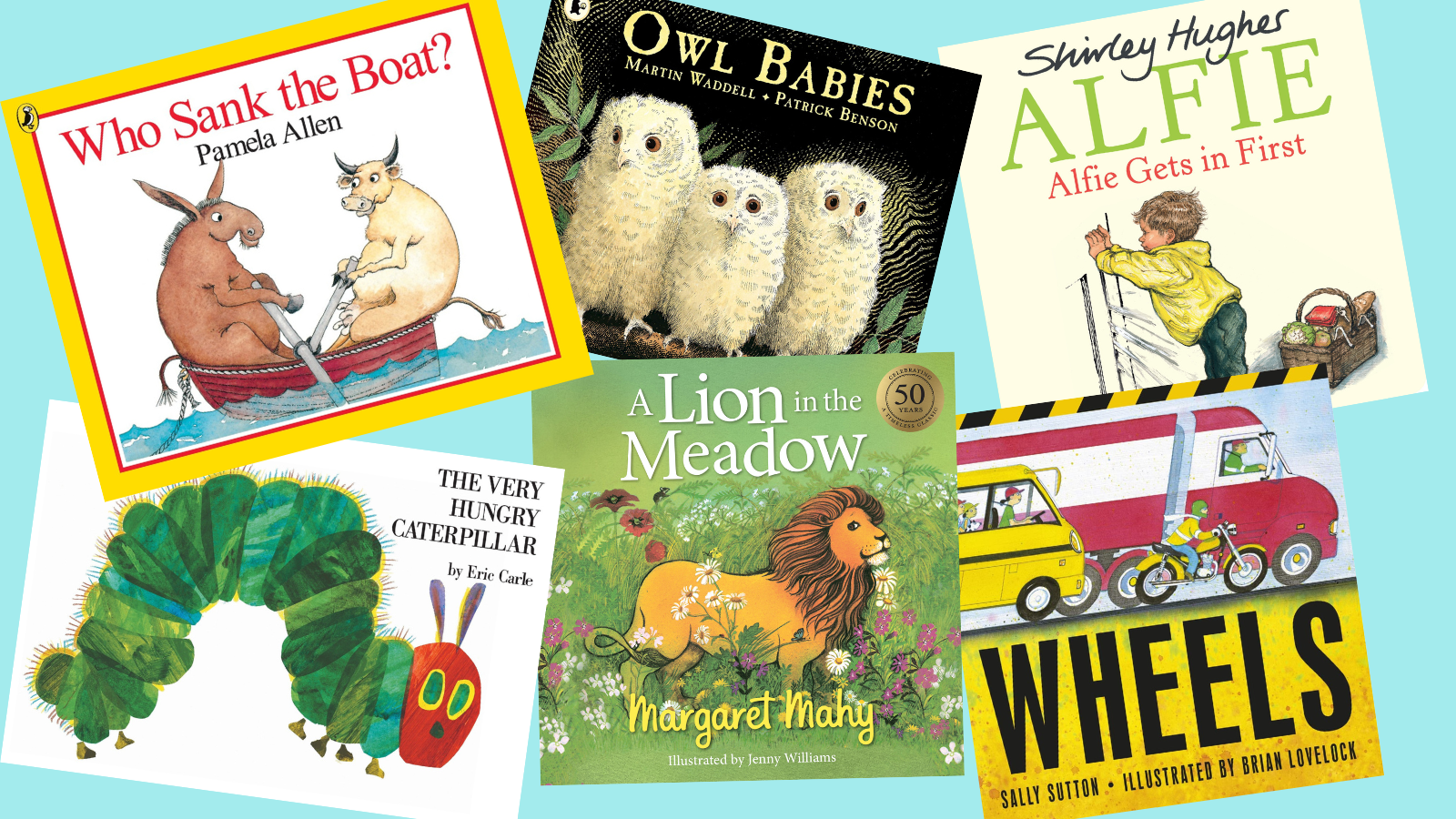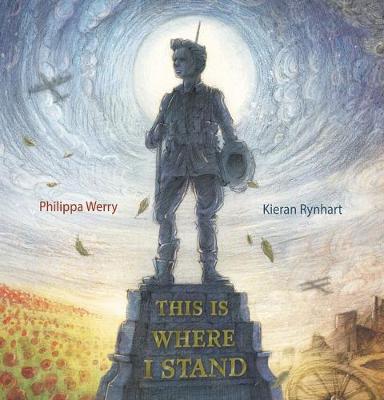Our relationship with children’s books evolves as we grow older, becoming parents or aunties and uncles or just willing readers to friends’ tamariki. But as Philippa Werry has found, there’s another shift that takes place when one takes up the mantle of grandparent, becoming connected to three generations worth of storytelling.

Reading books was one of my favourite parts of the day when my children were little. Now I have grown up daughters, and two little mokopuna, and I have the joy of reading to them all over again.
When Isaac gets a present, he holds it and says hopefully “book?” He has ever-changing favourites to be read multiple times a day. Today’s favourite is a board book version of Peter Rabbit. Every time I finish it, he says “again” and then “please please read again please!”
Black and white books are like magnets for baby Jack. He turns his head and gazes with total absorption at the patterns and pictures.
I’m so lucky to be able to read to Isaac and Jack in person. Other friends are separated from their grandchildren by covid travel restrictions, but have found that reading stories through skype or zoom has been a perfect way to connect with them (and give their parents a break).
The best picture books are timeless, in both words and illustrations, so sometimes I can point to a name in the front of the book and tell Isaac, “look, this belonged to your mum, or one of your aunties, when they were little”. He loves The Very Hungry Caterpillar, Brown Bear Brown Bear, Who Sank the Boat? and anything with Hairy Maclary. He has favourite pages: the splash when everyone falls overboard in Mr Gumpy’s Outing, the fire-breathing dragon in The Lion in the Meadow, the page where everyone is hiding in Each Peach Pear Plum.
Last week I read him Shirley Hughes’ Alfie Gets In First. Its English setting is quite different from his own streetscape, but he totally gets the story of how little Alfie solves the problem of being locked inside with everyone else outside.
I love discovering so many wonderful new books with him: books in te reo Māori, books about Matariki and New Zealand birds and wildlife, the amazing Gecko Press books, books about ideas and feeling and emotions, books about scientists and activism, books about remarkable people, utterly beautiful books, like Vasanti Unka’s I Am the Universe, books that feel like instant classics, like Wow Said the Owl, a colour book with a difference. It’s an extra treat to come across books that I missed the first time round (like another charming owl book, Owl Babies).
I didn’t know there were so many books about diggers, trucks, dump trucks, rubbish trucks, monster trucks—in fact all kind of vehicles. Wheels, the latest title by Sally Sutton and Brian Lovelock, has been read seven times a day, taken in the car and demanded as a bedtime story. I didn’t know how to read a Tintin book to a two-year-old who is fascinated by them, but I’ve worked out how to find his favourite pictures and then improvise.
I love the way that Isaac’s vocabulary grows with words from books, and the way he is learning the rhythm and swing of nursery rhymes. I love how books widen his world and reinforce and build on everything he is learning. A little egg sits on a leaf, and “pop” it hatches into a caterpillar; the very hungry caterpillar eats everything up, builds a cocoon and turns into a beautiful butterfly. The caterpillar in Isaac’s garden feeds on the swan plant and does the same thing.
We go to the playground and spend most of the time watching the machines at the building site over the fence. These machines—digging up soil with large rotating arms—don’t feature in any of the machine books, but an engineer friend tells me they are called augers, so now I know.
Isaac sees the moon and stars in books and outside his window at night. We pore over the birds and animals in his wildlife books, and then he sees them at the zoo or in the botanic gardens. Tūī, pīwakakawaka and kākā are part of his everyday life as well as his book life.
One day Isaac is eating lunch in his highchair and we pretend is he is a very hungry caterpillar. We name the food on his plate: one piece of cheese on toast, two slices of pear, three squares of cheese, four slices of cucumber, five raisins, one glass of milk.
“Again,” he says.
After lunch, we head upstairs for his afternoon nap. At the bottom of the stairs, he is still thinking about the caterpillar.
“Pop,” he says quietly.
Philippa’s latest book is:

Philippa Werry
Philippa Werry is a children’s writer who began her career writing for the School Journal. Since then, her non-fiction, stories, plays and poems have been widely published and several of her titles (including The Telegram, Enemy at the Gate and Anzac Day: the New Zealand Story) have been shortlisted for book awards or named as Storylines Notable Books.



